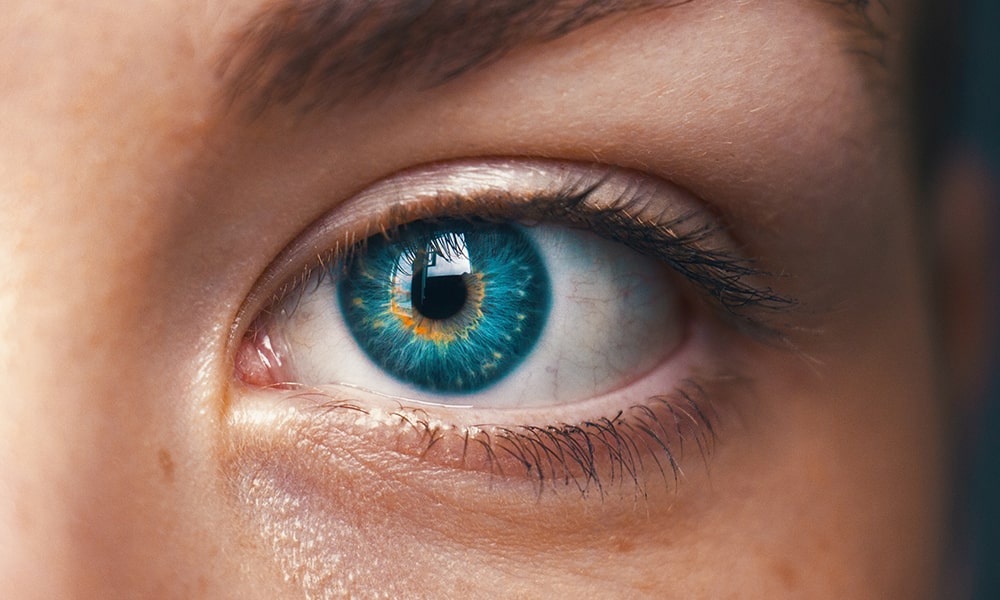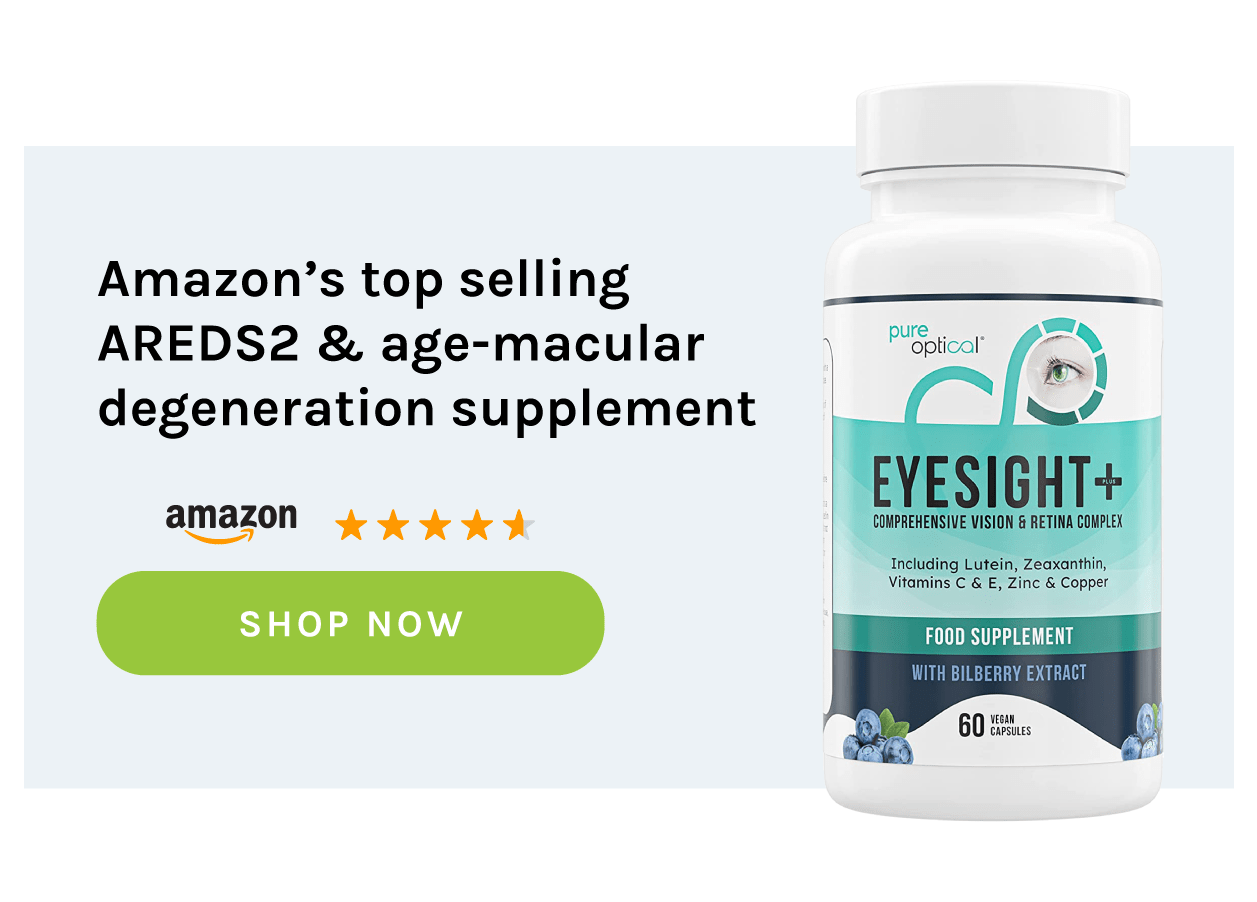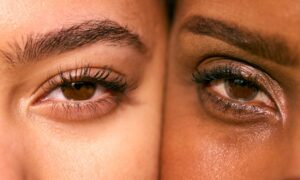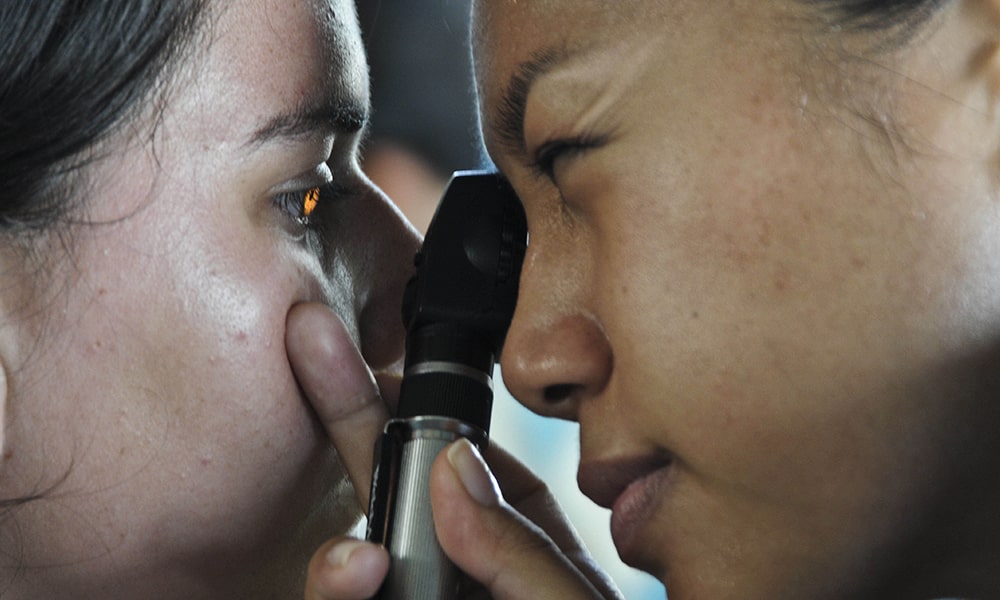
Macular degeneration, often referred to as age-related macular degeneration (AMD), is a common eye condition that affects the macula, the central part of the retina. As the leading cause of visual impairment in older adults, many people are seeking natural ways to prevent and manage this condition. Below we delve into various natural strategies to heal or at least manage AMD.
Healing macular degeneration
Before diving into treatments, it’s essential to understand the disease and what causes AMD. Macular degeneration primarily occurs due to aging, though genetics, smoking, high blood pressure, and obesity also contribute to its onset. It damages the central vision, making tasks like reading or recognising faces challenging.
Diet and nutrition
Nutrition plays a pivotal role in overall health, and eye health is no exception. Implementing a diet rich in specific nutrients can support visual function and may play a part in preventing or managing conditions like macular degeneration.
Antioxidants: The shield against oxidative stress
Antioxidants counteract the damaging effects of free radicals in the body, which can contribute to various chronic diseases including AMD.
- Vitamin C: Found abundantly in citrus fruits (oranges, grapefruits), strawberries, bell peppers, and broccoli.
- Vitamin E: Present in nuts (especially almonds), seeds, spinach, and broccoli.
- Zinc: Foods rich in zinc include beef, lamb, sesame seeds, pumpkin seeds, lentils, and cashews.
- Beta-carotene: Carrots, sweet potatoes, and spinach are excellent sources.
- Lutein and Zeaxanthin: These carotenoids act as natural sunglasses, filtering harmful blue light. Besides dark leafy greens, they can be found in eggs, corn, and peas.
Omega-3 fatty acids: Healthy fats for eye health
- Sources: Besides fatty fish, chia seeds, hemp seeds, and seaweed are also good sources of omega-3s.
- Benefits: They aid in visual development and retina function, and can also reduce inflammation which may decrease the risk or progression of AMD.
Reduce processed foods
Highly processed foods often contain refined sugars, unhealthy fats, and high levels of sodium. Such foods can contribute to conditions like obesity, high blood pressure, and diabetes, all of which can increase the risk of AMD.
💡 Read more: Foods To Avoid With Macular Degeneration.

Lifestyle modifications
To manage and potentially prevent AMD, lifestyle adjustments can be as crucial as dietary changes.
Quit smoking: Breathe your way to better health
- Risks: Smoking damages blood vessels and can reduce the efficiency of blood flow to the eyes, increasing the risk of AMD and its progression.
- Benefits of Quitting: Apart from the significant decrease in AMD risk, giving up smoking benefits the lungs, heart, and enhances overall longevity.
UV protection: Sunglasses more than just a style statement
- Risks: Overexposure to UV rays can lead to cataracts, retinal damage, and increase the risk of AMD.
- Tips: When purchasing sunglasses, ensure they block out 99 to 100% of UVA and UVB radiation. A wide-brimmed hat can also offer added protection.
Manage blood pressure and cholesterol: Guard your vascular health
- Why It Matters: High blood pressure and cholesterol can damage the retinal vessels, depriving the retina of necessary nutrients.
- Natural Management: Incorporate regular exercise, reduce salt intake, include more fresh fruits and vegetables in your diet, and monitor alcohol consumption.
Maintain a healthy weight
- Connection to AMD: Obesity is a risk factor for AMD. Keeping a healthy weight reduces this risk.
- Tips: Engage in regular physical activity, consume a balanced diet, and seek guidance from healthcare professionals for weight management plans.
Limit alcohol consumption
- The link: Excessive alcohol intake can be a risk factor for AMD.
- Moderation is key: If you do consume alcohol, do so in moderation. The recommended limits are up to one drink a day for women and up to two drinks a day for men.
Adopting these dietary and lifestyle modifications not only aids in managing macular degeneration but also promotes holistic well-being, paving the way for a healthier future. Always consult with healthcare professionals before making significant changes.
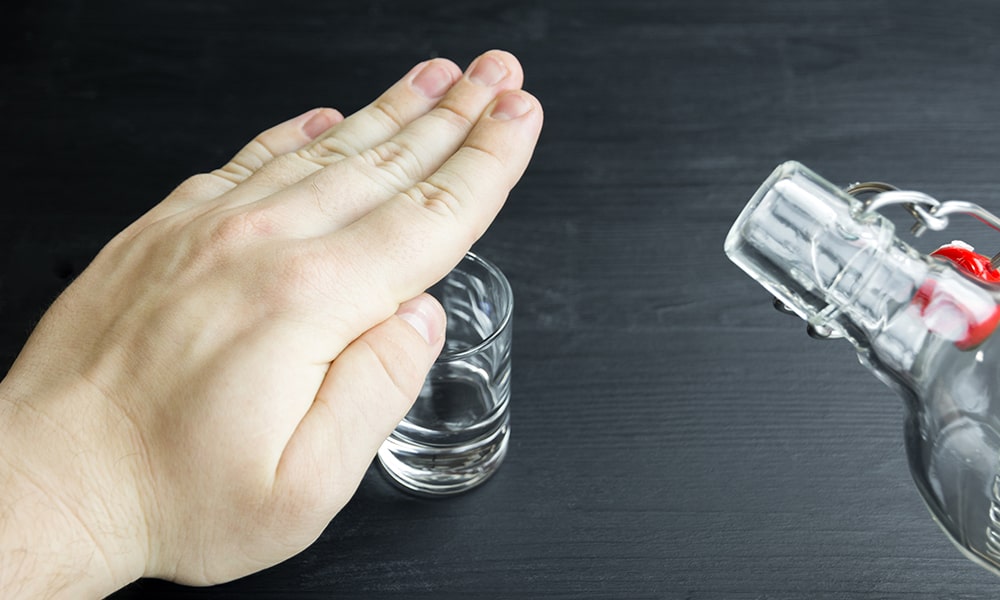
Eye exercises
While there is limited scientific evidence supporting eye exercises as a treatment for AMD, some proponents believe they can improve vision and slow the progression of the disease. Eye exercises can include focusing on near and far objects alternately, tracing imaginary figures with the eyes, or practicing peripheral vision exercises.
Herbal supplements
Bilberry
Bilberry extract is often promoted for eye health because it contains anthocyanosides, which have antioxidant properties. Some believe that bilberry can improve night vision and slow macular degeneration, but more research is needed.
Saffron
Recent studies have suggested that saffron might improve visual acuity in those with early AMD. It’s believed that certain compounds in saffron can protect vision cells from damage.
Ginkgo biloba
This herb is often touted for its potential cognitive benefits. Some preliminary studies suggest it might help slow down the progression of early-stage AMD, but further research is essential.
Acupuncture
While not a mainstream treatment for AMD, some people have reported improved vision after undergoing acupuncture treatments. However, scientific evidence supporting this is sparse, and the benefits could be due to placebo effects.
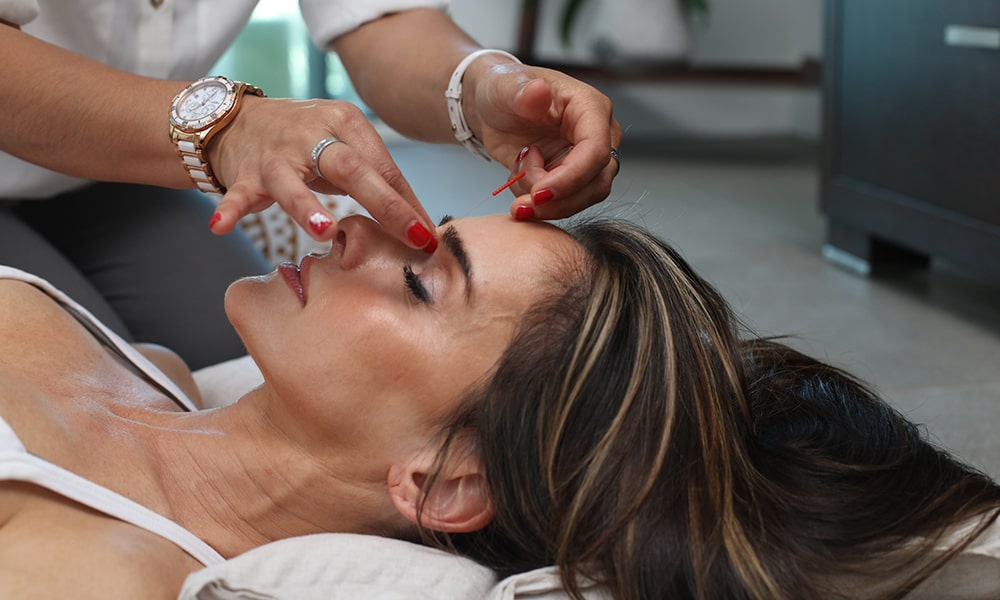
Blue light protection
With the digital age upon us, our eyes are constantly exposed to screens. The blue light emitted from phones, tablets, and computers can strain the eyes and potentially contribute to macular degeneration. Blue light filters or glasses can help reduce this exposure.
Take care of your eyes
It’s essential to approach the idea of ‘healing’ macular degeneration with caution. While the strategies above can support eye health and potentially slow the progression of the disease, there’s no guaranteed cure for AMD. Regular check-ups with an optometrist or ophthalmologist are crucial. Before making significant changes to one’s diet or lifestyle, or before starting any new supplement, always consult with a healthcare professional.

